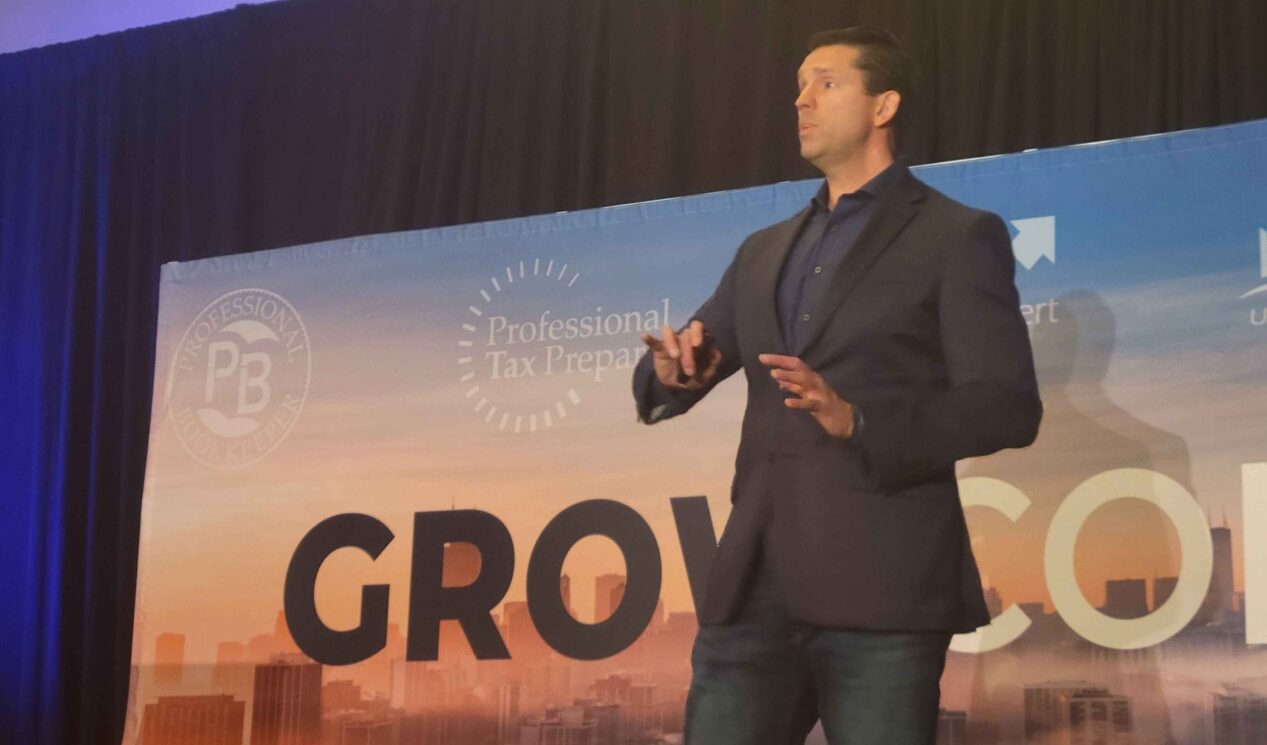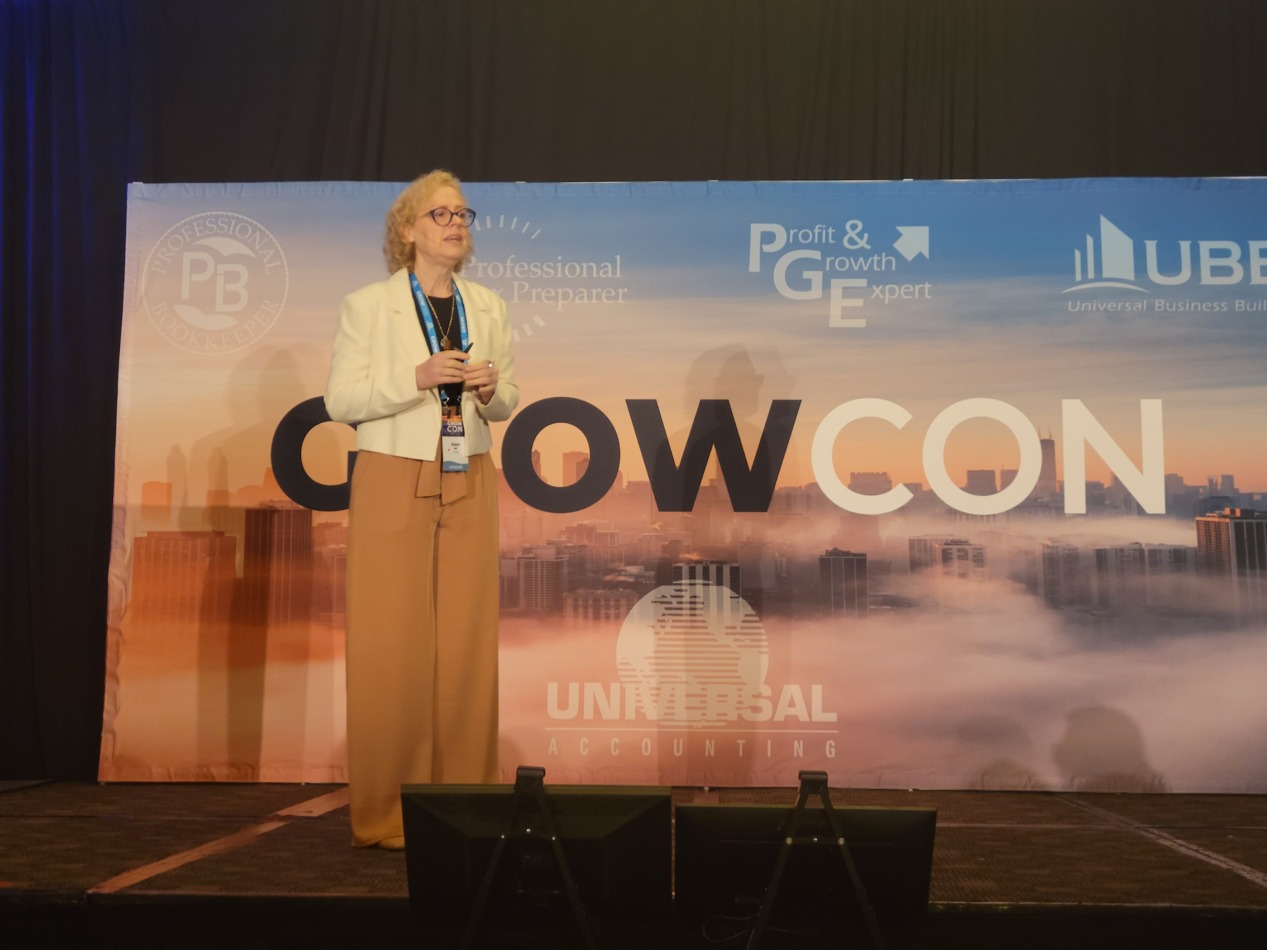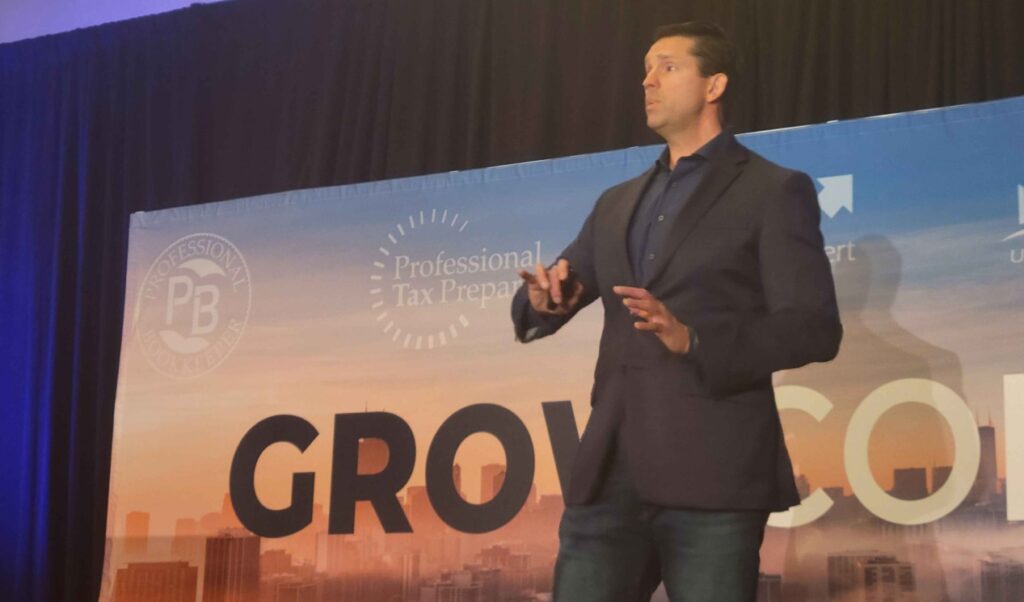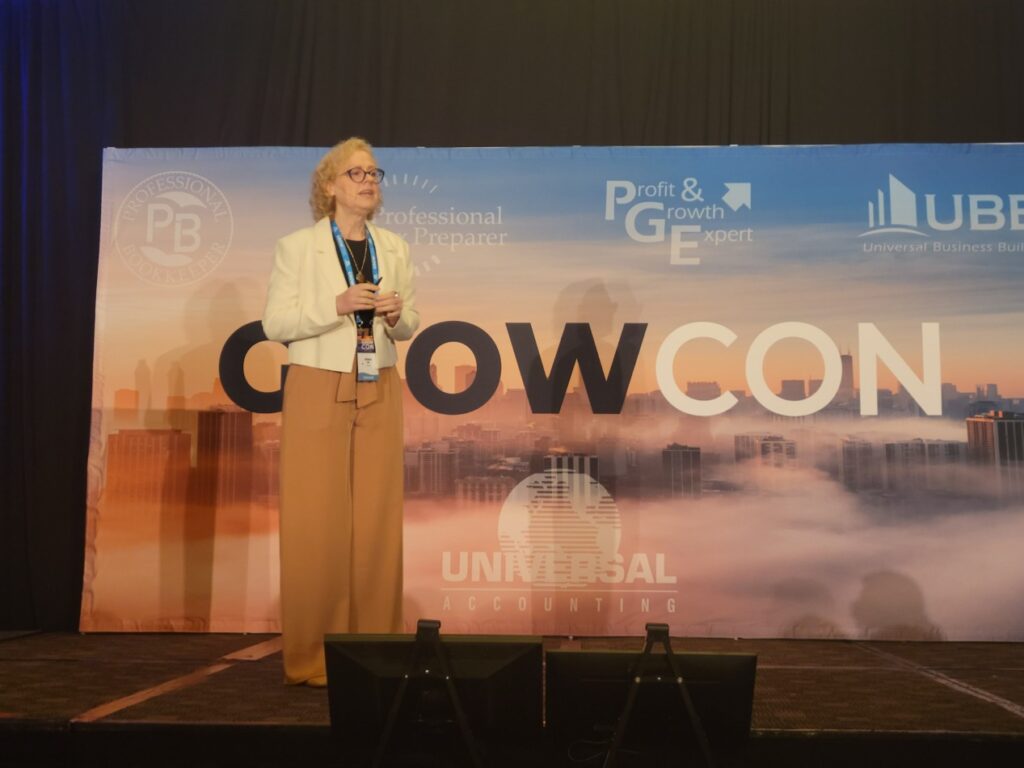Session #2 – Your Structured Business Coaching
- Review session 1 assignments.
- Introduce/review 30 second commercial.
- Introduce/review ‘Introductory Presentation
- Email rough draft of Friends & Family Letter
Assignments for the coming week:
- Find/attend a local Toastmasters group.
- Research/find and talk with local Chamber of Commerce groups, BNI and other networking groups
- Find out how many members they have
- Find out about their fees to join
- Find out when their meetings are
- Create a master ‘networking’ calendar and post all meetings for all networking groups on this calendar.
- Attend as many networking meetings as will fit into your schedule. (Test them out, find the best fit for you—-be willing to spend a month on this)
- Create your “Friends & Family’ letter—send in a copy for review.
Set a goal to achieve 30 conversations with business owners in the next month (by session 5)
Prepare to report each week:
- Which business owners did you talk to?
- What was the outcome (Appointment or not)?
- Why was that the result? (What went right or wrong)
The Four Stages of Skill Development
1. Unconscious Incompetence – We don’t know what we don’t know or can’t do. Example: I am perfectly happy not thinking about playing the piano.
2. Conscious Incompetence – We become aware of what we don’t know or can’t do and seek to learn. We look at others’ skills we desire and say, “I wish I could do that!” Example: I attend a concert where a piano virtuoso plays a piece that stirs my desire to learn to play the piano. I am aware that I don’t know how, but now I want to learn.
3. Conscious Competence – We begin to apply new knowledge and skills. This may be awkward and difficult at first, but with conscious effort and practice, we work our way through it. Example: I take piano lessons. At first it is hard to keep my fingers on the right keys and learn to read the music. However, if I take it slow and continue to practice, I can work through it.
4. Unconscious Competence – Through constant and repeated practice, we begin to use the knowledge and/or skill without thinking about it. We make it look easy and natural. Others look at our skills and say, “I wish I could do that!” Example: I keep practicing. One day while I am practicing, I realize my hands are moving by themselves. They remember the song I am playing, and I don’t have to think about it. I can concentrate on phrasing and infusing my spirit into my music. I can talk with my wife while I am playing. I even intuit changes I can make to ad lib the melody or harmony. I have made the transition from PRACTICING to PLAYING.
As you progress through your coaching program, you will also move from PRACTICE to PLAY! Have fun!










